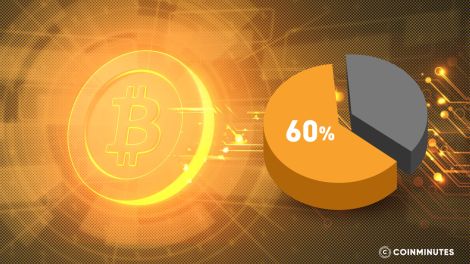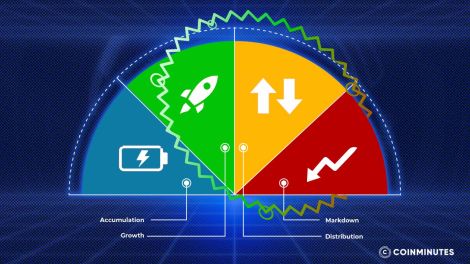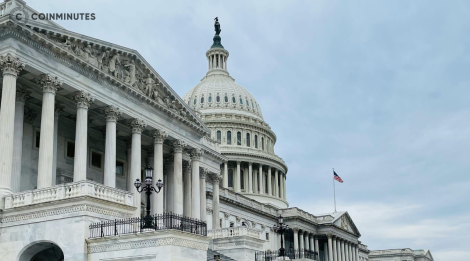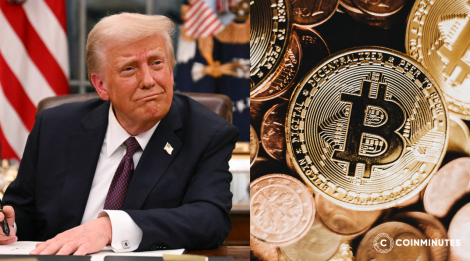Musk vs. Trump's Beautiful Bill: Tech Billionaire Predicts Economic Disaster
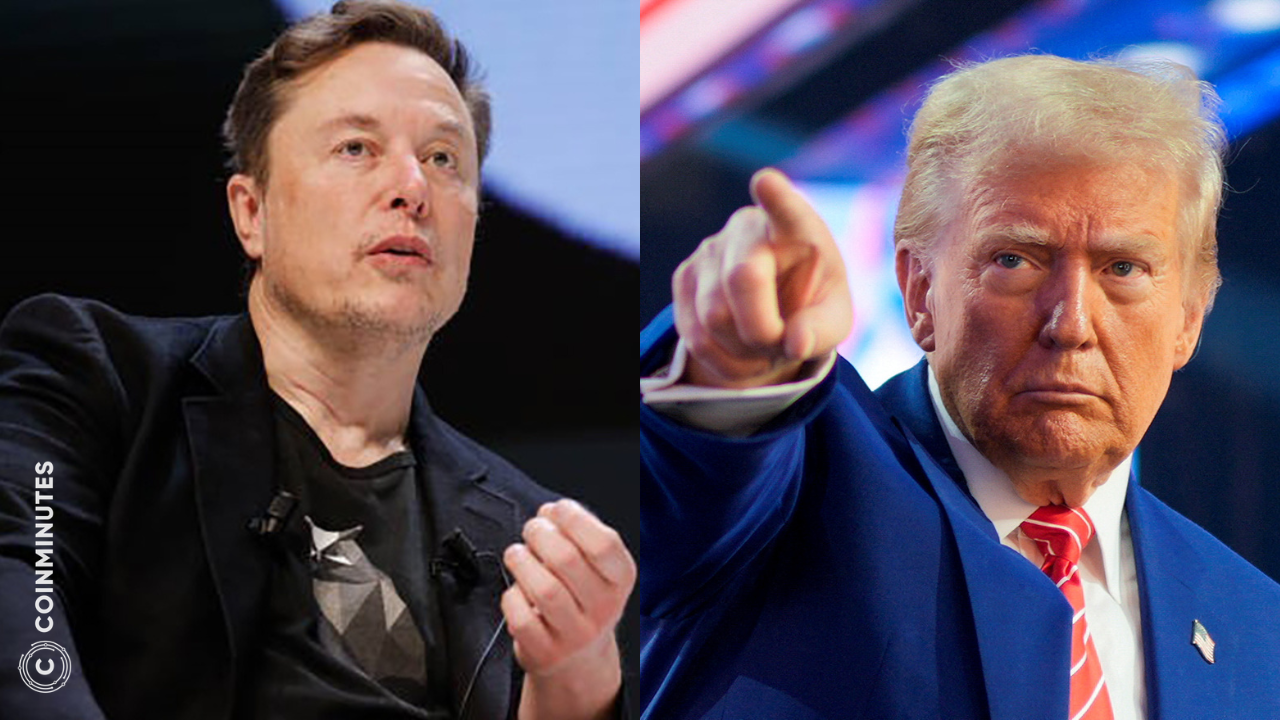
"The latest Senate draft bill will destroy millions of jobs in America and cause immense strategic harm to our country!" Musk told his 200+ million followers.
But what exactly triggered this rare public confrontation? And why does it matter for America's economic future?
What's Inside This "Beautiful" Bill That Has Musk So Alarmed?
Names can be deceiving.
Trump's "One Big Beautiful Bill" (OBBB) squeaked through the Senate by a single vote—51-50—with Vice President JD Vance breaking the tie. Its 1,000+ pages contain economic provisions that would fundamentally rewire American fiscal policy:
Tax extensions that make the 2017 Tax Cuts and Jobs Act permanent, cementing the 21% corporate rate and individual brackets from 12% to 37%.
Novel tax incentives including deductions for auto loan interest on American-made vehicles and elimination of taxes on tips and overtime pay.
Medicaid cuts totaling $1.1 trillion over a decade, implemented through provider tax caps and expanded work requirements.
And here's what really triggered Musk's fury: new excise taxes targeting wind and solar projects after 2027, plus the termination of electric vehicle tax credits by September 2025.
The math doesn't add up. Despite slashing $1.1 trillion in spending, the Congressional Budget Office calculates the bill will add $3.4 trillion to the national debt through 2034.
No wonder Musk called it "a disgusting abomination."
Why Would a Tax-Cut-Loving Billionaire Fight This Bill?
It seems counterintuitive.
Musk's opposition stems not from partisan loyalty but from his vision of America's technological future. The bill, he argues, delivers "handouts to industries of the past while severely damaging industries of the future."
His most pointed criticism targets provisions that would devastate renewable energy—a sector where he's heavily invested through Tesla and other ventures.
A 15% excise tax on new wind and solar projects using any Chinese-linked components would cripple an industry growing five times faster than fossil fuels. Solar employment has expanded 3.5% annually since 2022, compared to just 0.7% in traditional energy.
Even worse is the scheduled elimination of the Production Tax Credit (45Y) and Investment Tax Credit (48E)—the financial backbone of America's renewable revolution.
Industry experts validate Musk's warnings. The Solar Energy Industries Association projects 31,000 job losses in 2026 alone.
But Musk's critique extends beyond clean energy. He points to the bill's deficit impact as fundamentally hypocritical, undermining the very efficiency mandate he championed through his Department of Government Efficiency.
Adding $3.4 trillion to the national debt? That's efficiency in reverse.
Republican Cracks: The Senators Breaking Ranks
Musk isn't fighting alone.
The bill has exposed deepening fractures within Republican ranks that may reshape the party's future.
Senator Thom Tillis (R-NC) voted against advancement, warning the bill would "betray the promise" of Medicaid expansion and endanger healthcare for 663,000 North Carolinians. His analysis showed his state would lose $26 billion in healthcare funding.
Trump's response? Brutal.
A direct threat to Tillis' political future prompted the senator's retirement announcement just days later.
Senator Rand Paul (R-KY) also opposed the bill, specifically rejecting the $5 trillion debt ceiling hike as "unrestrained spending."
Even moderate Republicans like Lisa Murkowski (R-AK) and Susan Collins (R-ME) voiced serious concerns about Medicaid cuts before reluctantly voting yes under tremendous party pressure.
Unity? Hardly.
From Ally to Enemy: How Did Musk and Trump Fall Out?
The collapse happened fast.
After a brief stint as a presidential advisor, Musk's relationship with Trump deteriorated at breathtaking speed. Their feud has escalated beyond policy disputes into personal territory.
Musk reportedly called for Trump's impeachment. More explosively, he made allegations connecting the president to Jeffrey Epstein's records.
The White House apparently retaliated by reviewing $12 billion in SpaceX contracts.
Musk countered by threatening to halt Republican campaign donations.
A reconciliation attempt mediated by Vice President Vance briefly seemed promising—until the OBBB's final provisions became public.
Now Musk stands as the most formidable opponent from within the business community that once formed Trump's core support base.
Economic Realities: What Would This Bill Actually Do?

The economic realities that One Big Beautiful Bill can bring
Strip away the politics and what remains?
Mainstream economists largely support Musk's assessment. The Tax Foundation confirms the OBBB reduces long-term GDP growth potential from 1.5% to 1.2% due to debt drag effects.
Rural healthcare faces existential threats. The American Hospital Association warns of widespread facility closures in states heavily dependent on Medicaid funding—particularly North Carolina, Kentucky, and West Virginia.
For renewable energy, the outlook appears catastrophic. Abigail Ross Hopper, president of the Solar Energy Industries Association, warns the excise tax would "strand hundreds of billions in investments" and surrender technological leadership to China.
Even traditional Republican allies express concern. The Chamber of Commerce has questioned provisions targeting growth industries.
And voters? They're skeptical too. CNN polling shows the OBBB with a -20% net approval rating, with 68% specifically opposing Medicaid cuts.
Is this really the mandate Americans thought they were voting for?
Silicon Valley Unites: Tech Leaders Rally Behind Musk
Something unprecedented is happening in tech circles.
Silicon Valley executives—typically allergic to partisan battles—have increasingly aligned with Musk's critique. Industry associations representing semiconductors, artificial intelligence, and clean energy have issued warnings about the bill's consequences.
Why such unified opposition?
The bill's provisions contradict tech sector priorities: workforce development, research investment, and forward-looking regulatory frameworks.
Venture capitalists predict punitive measures against renewable energy will accelerate capital flight to more supportive regions like the European Union and Canada.
One prominent investor summarized the sentiment: "You can't claim to support American innovation while simultaneously punishing our most innovative sectors."
When was the last time Silicon Valley spoke with one voice on anything?
What Happens Next: The Battle for America's Economic Future
This isn't just another political spat.
For Republicans, Musk's "political suicide" warning carries extraordinary weight. His ability to mobilize tech leaders and younger voters could reshape electoral math for years to come.
For the tech sector, this moment forces a choice between quiet acceptance and active resistance to policies threatening innovation.
And for you, the American voter and consumer? The bill's implementation beginning July 4, 2025, starts a real-world experiment. Will tax cuts concentrated at the top generate enough growth to offset job losses in our fastest-expanding sectors?
Musk has placed his bet. Will lawmakers listen?
One thing seems certain: the relationship between America's technology sector and Washington has fundamentally changed. Elon Musk has fired what might be the opening salvo in tech's political awakening.
And regardless of who wins this battle, the war for America's economic future has only just begun.
 English
English
 Vietnamese
Vietnamese

